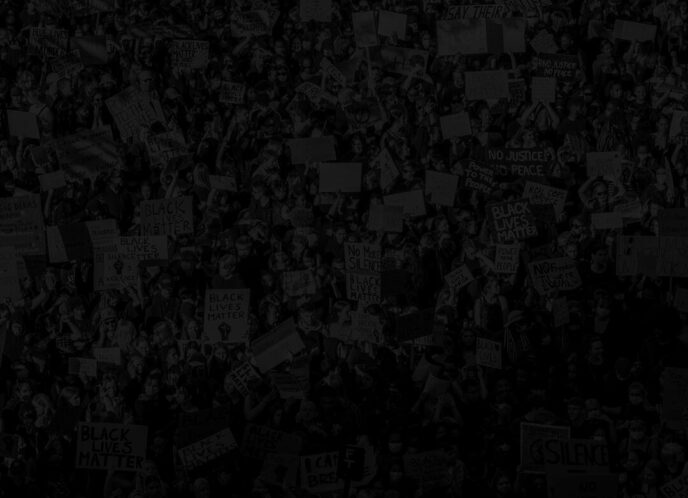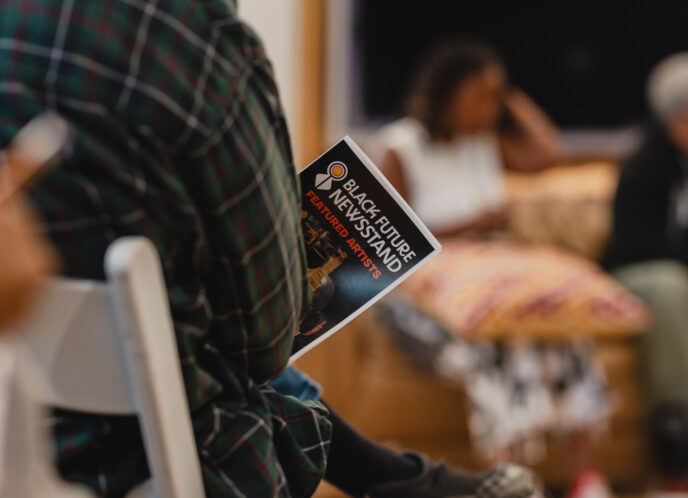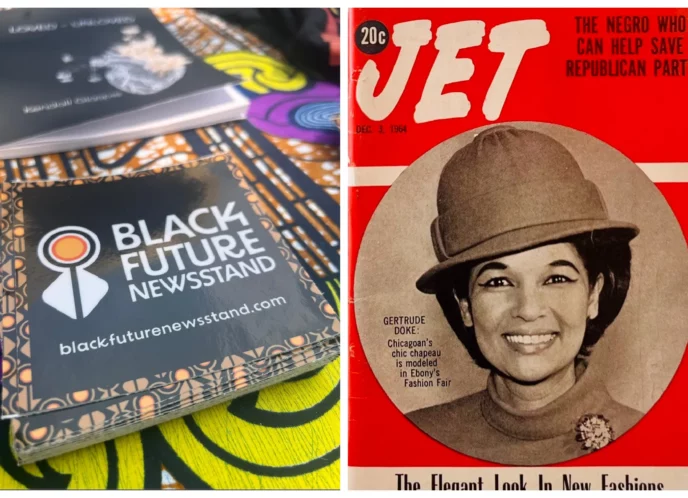Originally posted on 2/7/11 at Deepmedia. A man who needed to borrow his son’s phone to apply for a job online. Another person who drove twenty miles to get to a library that had internet. Elder community members who needed to fill out Medicare forms online but could not get access. Youth, independent artists and media makers that need to be able to create and upload media to communicate, enlighten, and inform.
From all over the country- New York and Philadelphia to the Twin Cities, Chicago, Albuquerque, to the City of Angels and more– stories about wireless and internet access streamed into the FCC conference room (called “The penthouse” by our staff guide) overlooking downtown DC. One by one, media justice activists and community organizers at The Media Justice Leadership Institute shared their experiences with and stories of the digital divide in their communities.
Commissioner Clyburn and her staff were eager to hear them, often asking for specific statistics or more information. All morning we had been learning about a range of issues the FCC is working on- preventing “bill shock,” telecommunications regulation, and access to broadband on tribal lands (broadband penetration is 65% in the US but currently less than 10% on tribal lands and rural areas).
As media justice advocates, we have our work cut out for us. As we know, and as Amalia Deloney of The Center for Media Justice put it, it is impossible to have a conversation about economic and educational inclusion, social and political participation, health and housing, without taking about internet and mobile broadband access. A fourth of people in the US don’t have internet in their home, and roughly half of African America and Latinos use their mobile devices for access to the internet. And, when we look at that statistic and others in terms of paid prioritization and other troubling compromises in the latest Net Neutrality rules, the question of who deserves to have (and shape) this technological infrastructure as it develops becomes crucial.
The rest of day, as we were guided through the gilded halls of systemic power in Congress, I reflected on this meeting between powerful regulators and grassroots organizers. We kept hearing from the CMJ crew that this kind of meeting was rare, over an hour of face time and a platform to speak about our issues and voice the concerns of our communities. I’m grateful for the opportunity, and glad that the FCC holds open meeting and has a due comment processes. But I also can’t help but envision an even more open process, where resources and time are invested in to put our voices on a completely equal playing field with the big telecom corporations like AT&T, ComcastNBC, and GoogleVerizon.
What would that look like?
http://www.reclaimthemedia.org/deepmedia/media_justice_leadership



